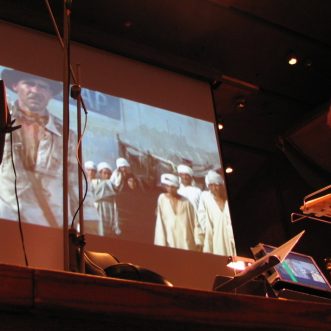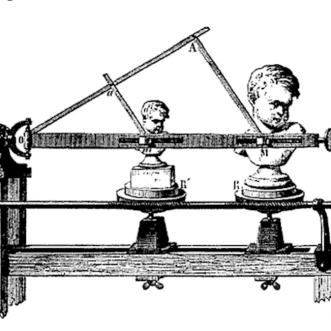
Now share the work
Your second job as ‘composer’ of your Customer Experience Score is to enable your ‘orchestra’ to play your lovely music as well as they possibly can.
To help them surface all their habits, and consciously choose to keep the excellent ones, improve the ‘good-enough’ ones and ditch the bad ones. To show them how you can all do even more for your clients, or do what you do 10 times or a 100 times better. To help them make sure that your music truly reflects your Promise of Value.
Your Score is a great tool for helping you to achieve this. But your team will also need plenty of practice and rehearsal before they will feel confident enough to do it by themselves.
And it’s in performance that you’ll find the flaws in your Score.
Nevertheless, have confidence that it will all come together and it will, sooner than you think.
Discipline makes Daring possible.
“Having the framework of Share Promise, Keep Promise in particular has helped me stay on target and be confident that there is a destination.”









